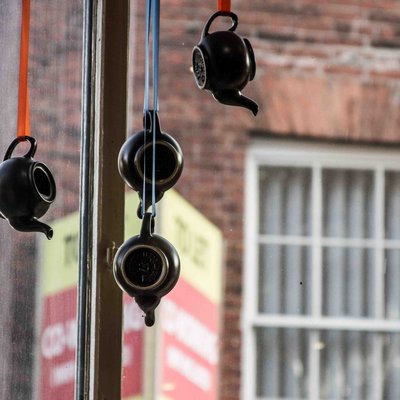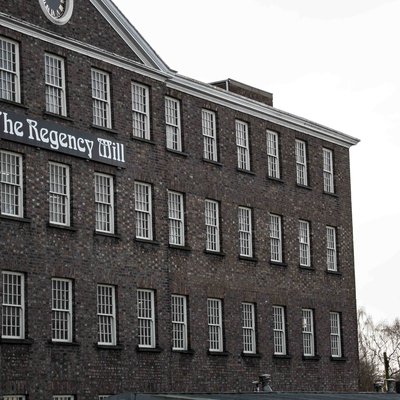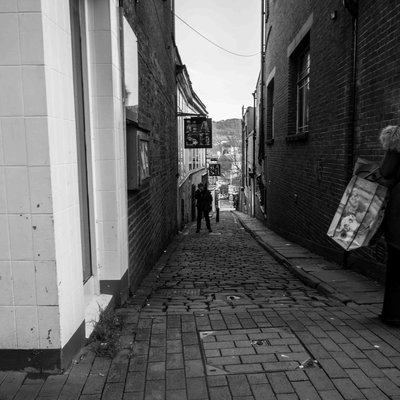About the Project
At the heart of our research is the question of what it means to feel secure in Britain today and more specifically what makes people feel safe or unsafe in their daily lives and in the places in which the live. We hope to capture important aspects of security and insecurity in contemporary life and inform public debate about the qualities people seek in crime control and security in democratic societies.
In this project we investigate how people living in one English town, Macclesfield in Cheshire, talk about and act towards a range of threats that they regard as impinging upon their safety. What makes them feel unsafe and how do they respond to the things that worry them? When people encounter such problems they often hope to see action on someone's part to address them (the police, local authorities, schools, central Government, private security providers, parents, for example). What do differently-situated people take to be the sources of security and insecurity in that town, and how do they act towards them? What do people worry about, talk about, seek protection from, avoid or manage today? What demands do they make upon responsible authorities, and what happens if those are not met?
In the mid-1990s, members of this research team addressed earlier versions of some of these questions through a two-year study of people's fears and feelings towards crime and social order in Macclesfield in Cheshire. We published the outcomes of this work in a book, Crime and Social Change in Middle England (2000), and a number of articles, as well as a short report for local circulation. We now return to Macclesfield, a quarter of a century later, to undertake a new study of people's everyday experiences of security and insecurity against the backdrop of two decades of rapid social, political and technological change (notably, the digital revolution, migration, austerity, and Brexit).
Designing and delivering security arrangements and enhancing the sense of safety for members of the public in the ordinary settings of their daily lives are among the most challenging tasks facing police services, local authorities and other agencies today. In England and Wales new developments in the policing and security landscapes - especially the creation of elected Police and Crime Commissioners - are oriented towards enhancing democratic accountability for and public involvement in these activities. At the same time, the changing landscape of crime threats calls for new policing and community safety strategies.
Our research will help to refine and inform strategy, policy and practice in these respects. We will work closely with Cheshire Police, the Office of the Police and Crime Commissioner, Cheshire East Community Safety Partnership and other bodies locally and nationally to ensure that findings and insights from this research are shared, discussed and integrated into policy and practice development.


